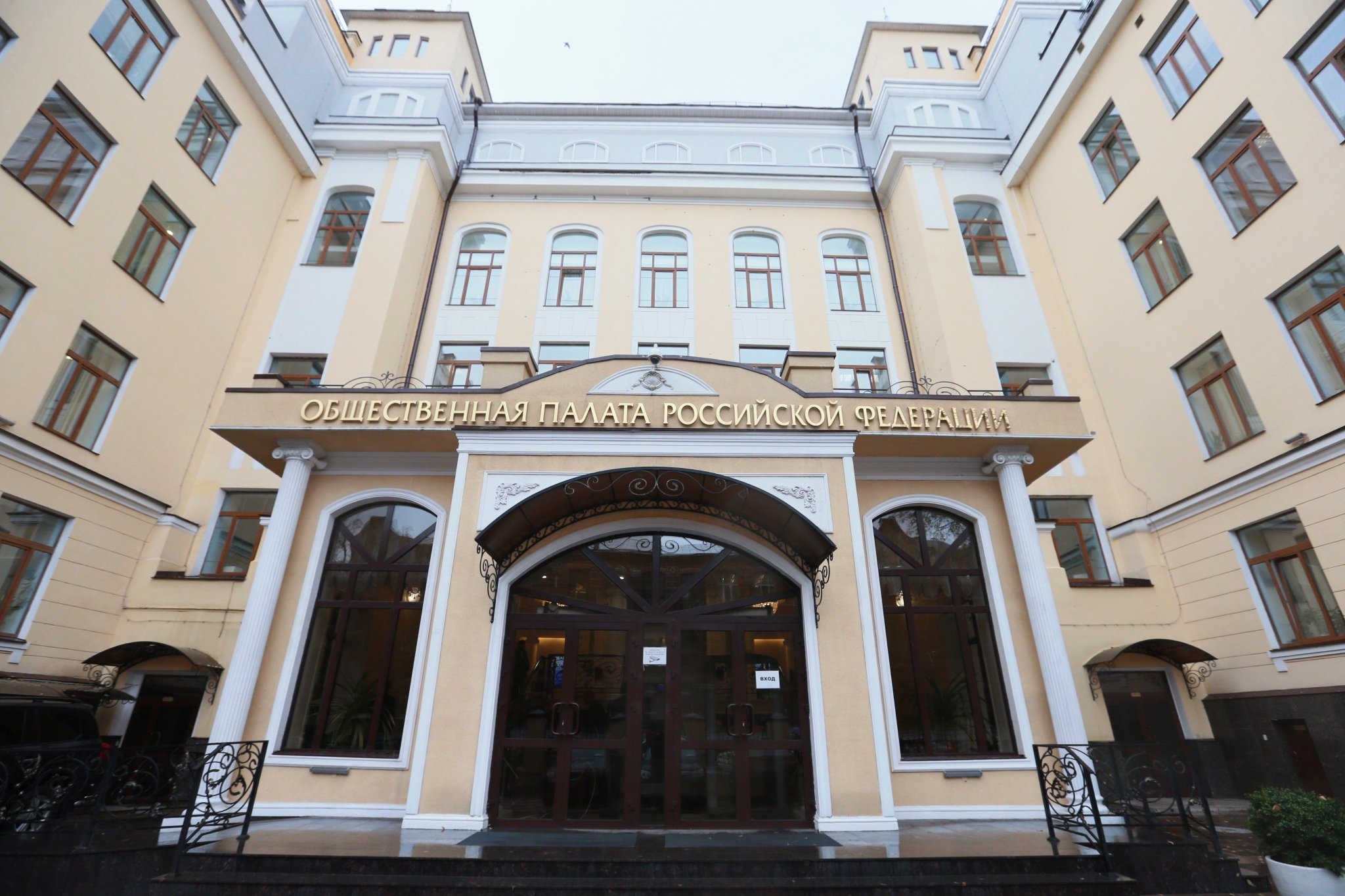 STATE OF THE CIVIL SOCIETY IN THE RUSSIAN FEDERATION
STATE OF THE CIVIL SOCIETY IN THE RUSSIAN FEDERATION
REPORT FOR 2019

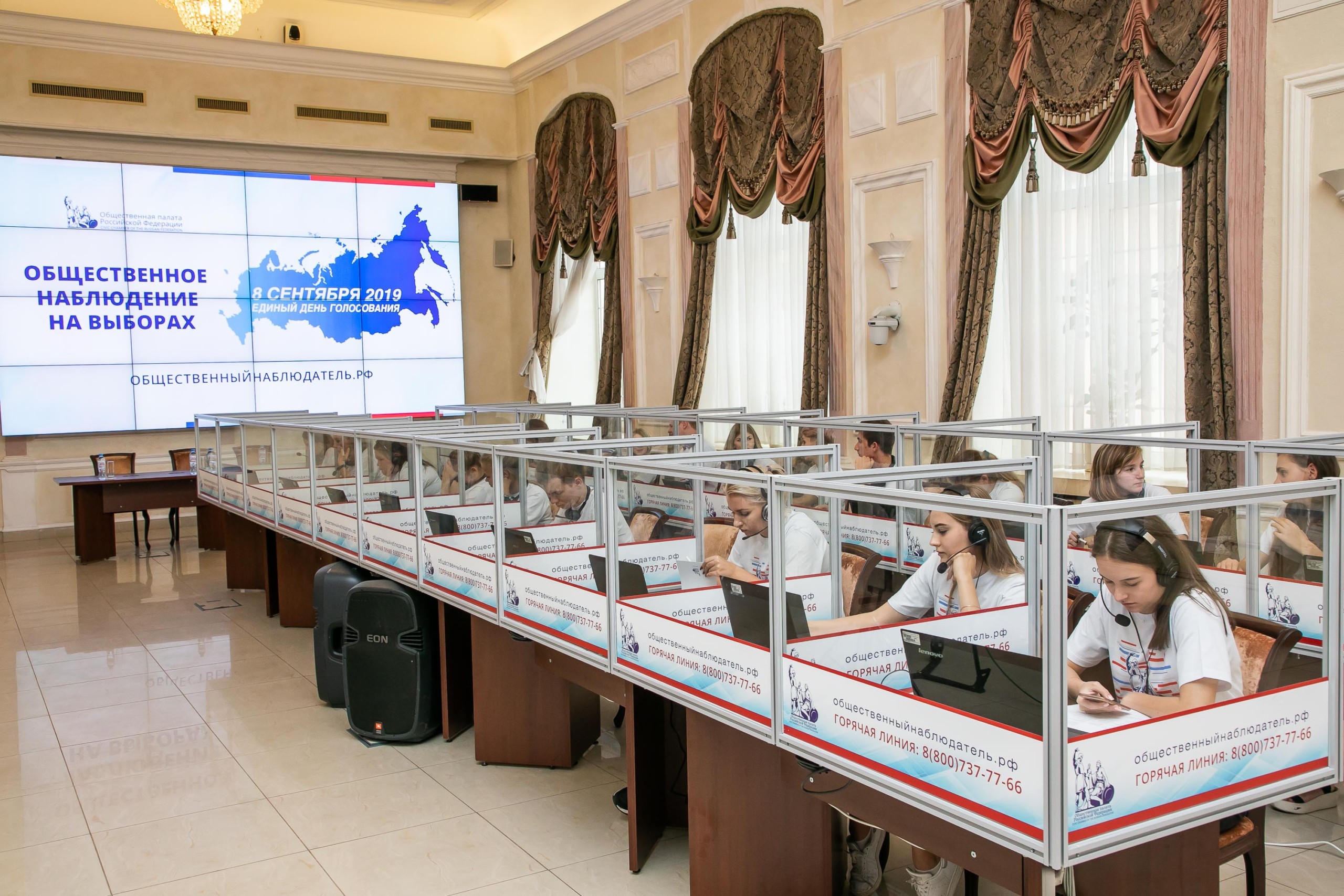
#Citizens’ petitions and formation of “people’s agenda”
The Civic Chamber of the Russian Federation received more than 17 thous. of citizens’ petitions in 2019.
 The most important component and the main tool of understanding of “people’s agenda” is citizens’ petitions.
The most important component and the main tool of understanding of “people’s agenda” is citizens’ petitions.

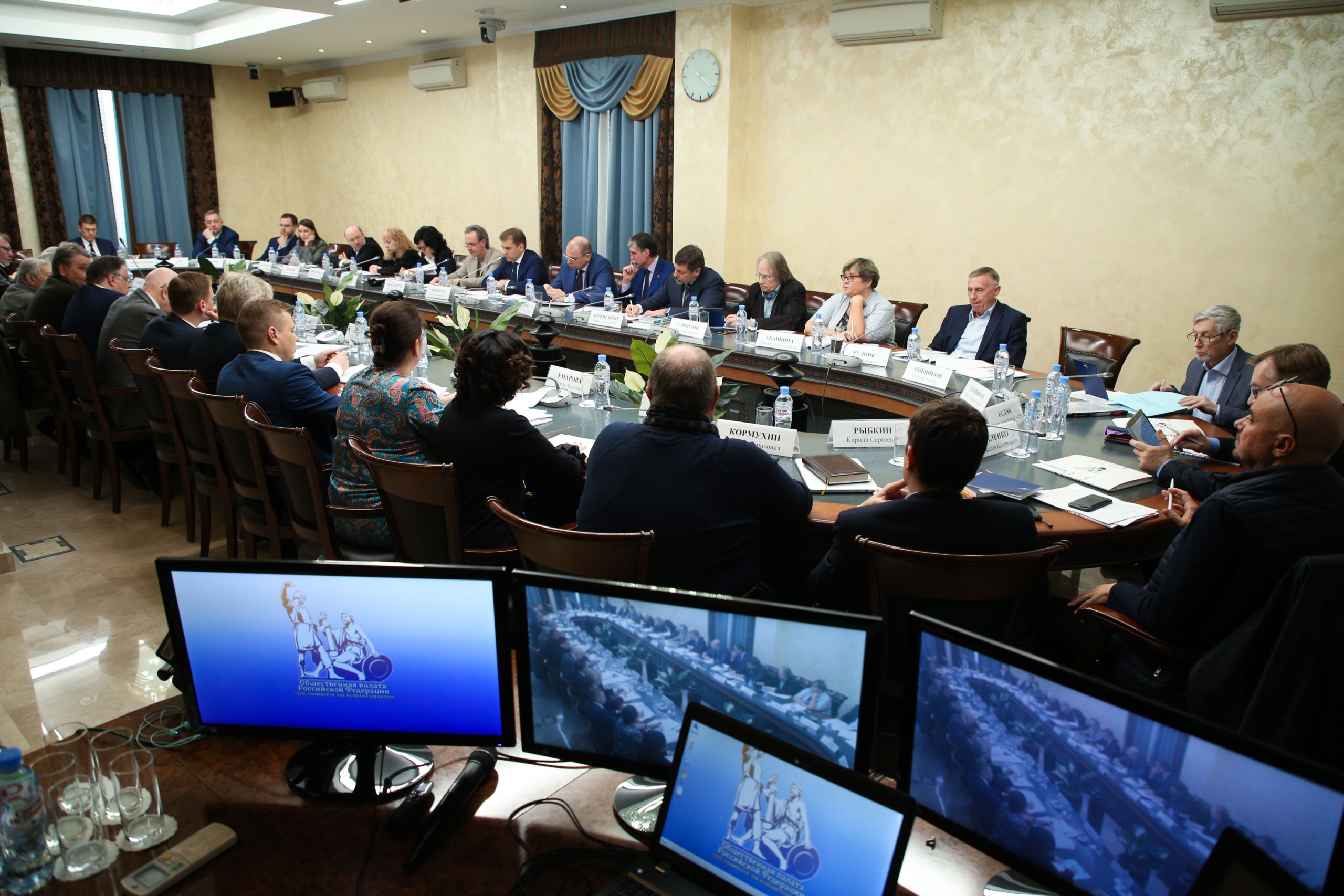
#Public expertise
Recommendations:
• to oblige legally a subject of legislative initiative to send a reasonable response to the conclusions of the Civic Chamber of the Russian Federation and civic chambers of the constituent entities of the Russian Federation;
• to update timely information on public discussion of bills;
• to oblige the federal executive authority developing a bill to delegate their representatives to attend public hearings at the Civic Chamber.
 The Civic Chamber of the Russian Federation hosted 135 public hearings.
The Civic Chamber of the Russian Federation hosted 135 public hearings.
21 bills passed expertise.
14 of them – in the format of preliminary reading prior to the first reading in the State Duma.
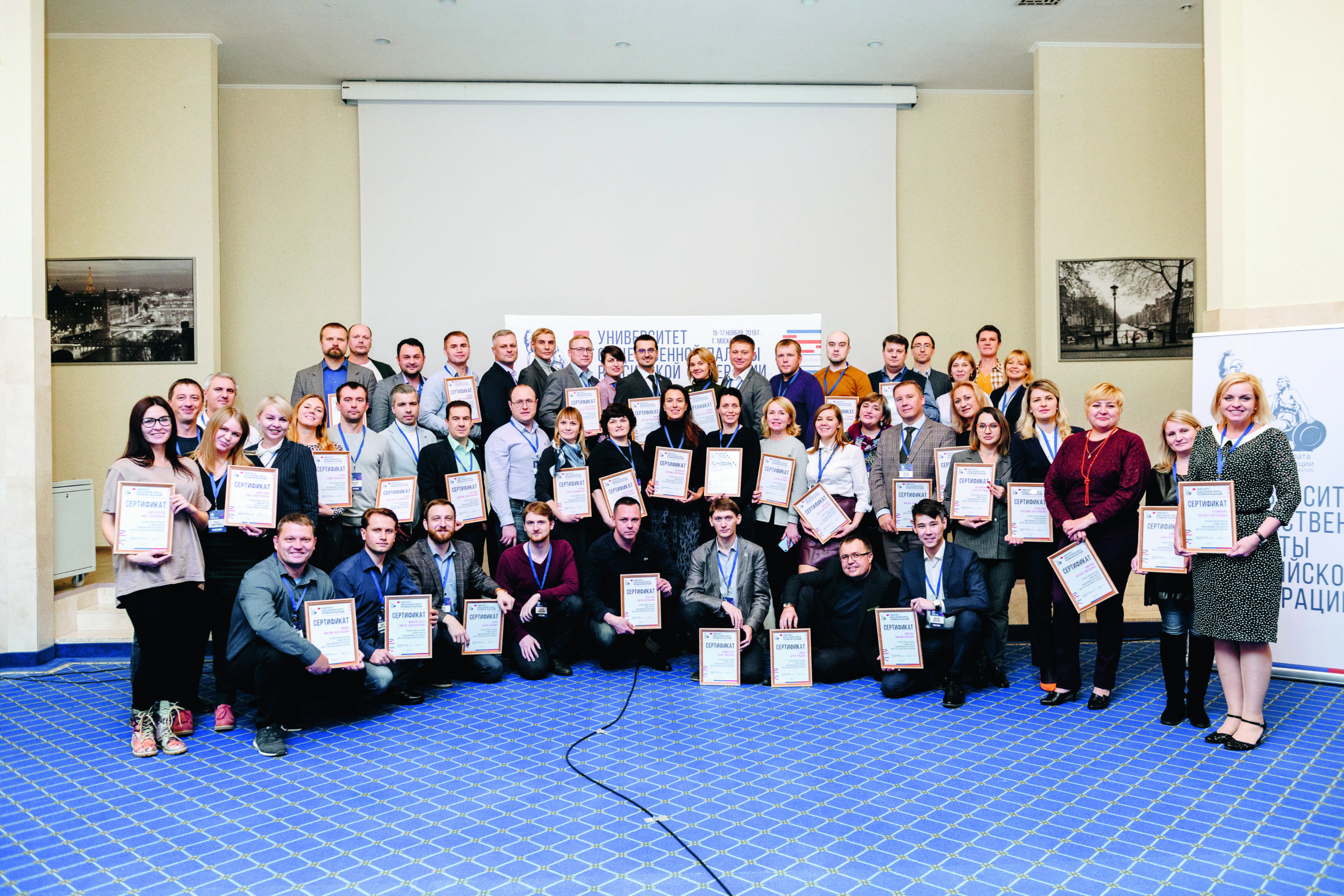
#Regional civic chambers as sites for public-state dialog
Example: the Civic Chamber of the Kursk Region prepared a regional bill “On Patrons and Patronage Activities, which was included in the rulemaking plan of the Kursk Regional Duma.
Only 44 regional budget laws have a separate line for ensuring the activities of the Civic Chamber.
Financing (RUB/year):
• 8 chambers – more than 10 mln.
• 10 chambers – from 5 to 10 mln.
• 20 chambers – from 1 to 5 mln.
 10 regional civic chambers vested with the right to make legislative initiatives.
It is recommended to advance initiative on the mandatory implementation in regional legislation of a rule on financing the current activities of civic chambers.
10 regional civic chambers vested with the right to make legislative initiatives.
It is recommended to advance initiative on the mandatory implementation in regional legislation of a rule on financing the current activities of civic chambers.
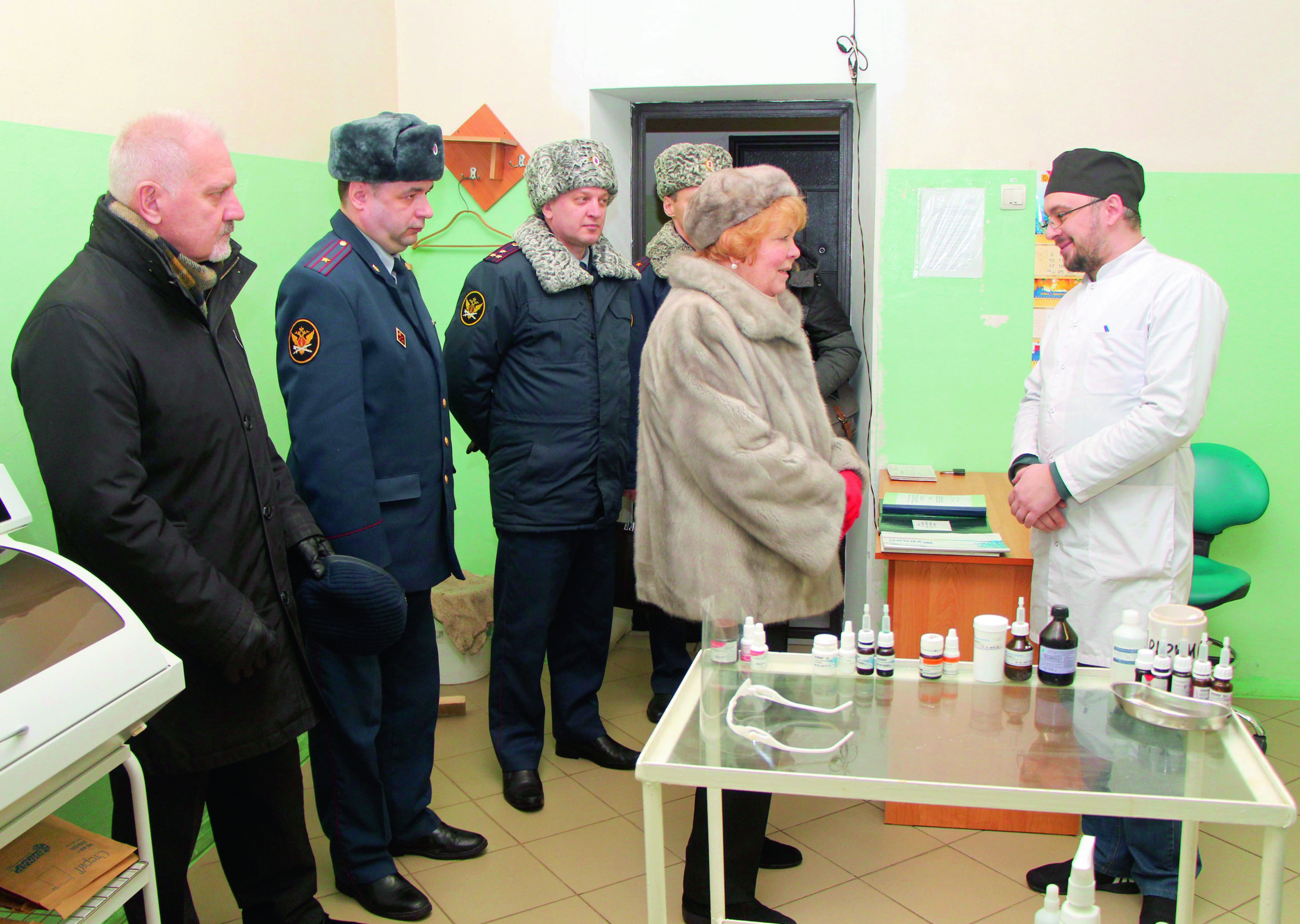
#Public Monitoring Committees (PMCs)
Problems:
• material and technical and financial support of PMCs activities;
• lack of legislatively fixed levers of influence on the activities of the already formed PMCs.
In 2019 45 regions of Russia completed the procedure of forming new PMCs. Out of 1,165 candidates who applied for membership in PMCs 709 became members.
Suggestions:
• to compensate PMCs expenses from regional budgets;
• to implement obligatory reporting of PMCs before the Civic Chamber of the Russian Federation;
• to provide the Civic Chamber of the Russian Federation with the right to withdraw members of PMCs.

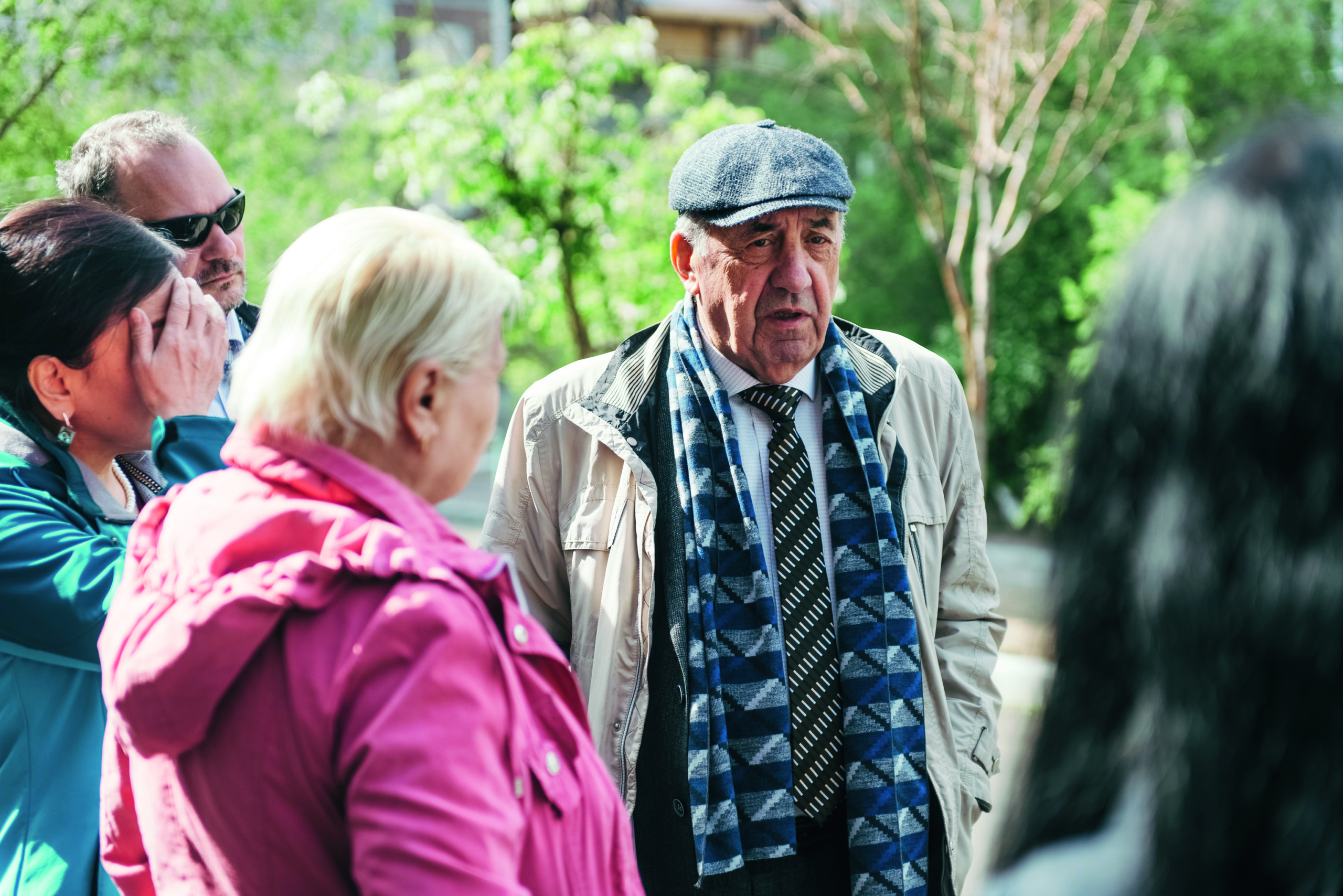
#Public control
In 2019, Federal Law No. 212-FZ “On the Basics of Public Control in the Russian Federation” commemorated 5 years since its adoption.
• to adapt procedures for empowering public inspectors, experts, and watchdogs and specify such procedures in in sector-specific laws;
• to enshrine the right of subjects of public control to apply to the court for protecting rights of uncertain categories of persons;
• to establish responsibility of those impeding the public control;
• to establish requirements for subjects of public control when preparing and conducting public inspections.

Suggestions:

#Development of local self-government
The Civic Chamber of the Russian Federation supports:
• initiation of proactive budgeting projects (“Interactive Budget for Citizens");
• development of territorial self-government (TSGs) structures.
Recommendations: • to reformat the institution of public hearings on urban planning;
• to create working groups of public activists and experts under regional self-governments and municipalities;
• to conduct public discussions of projects at early stages.

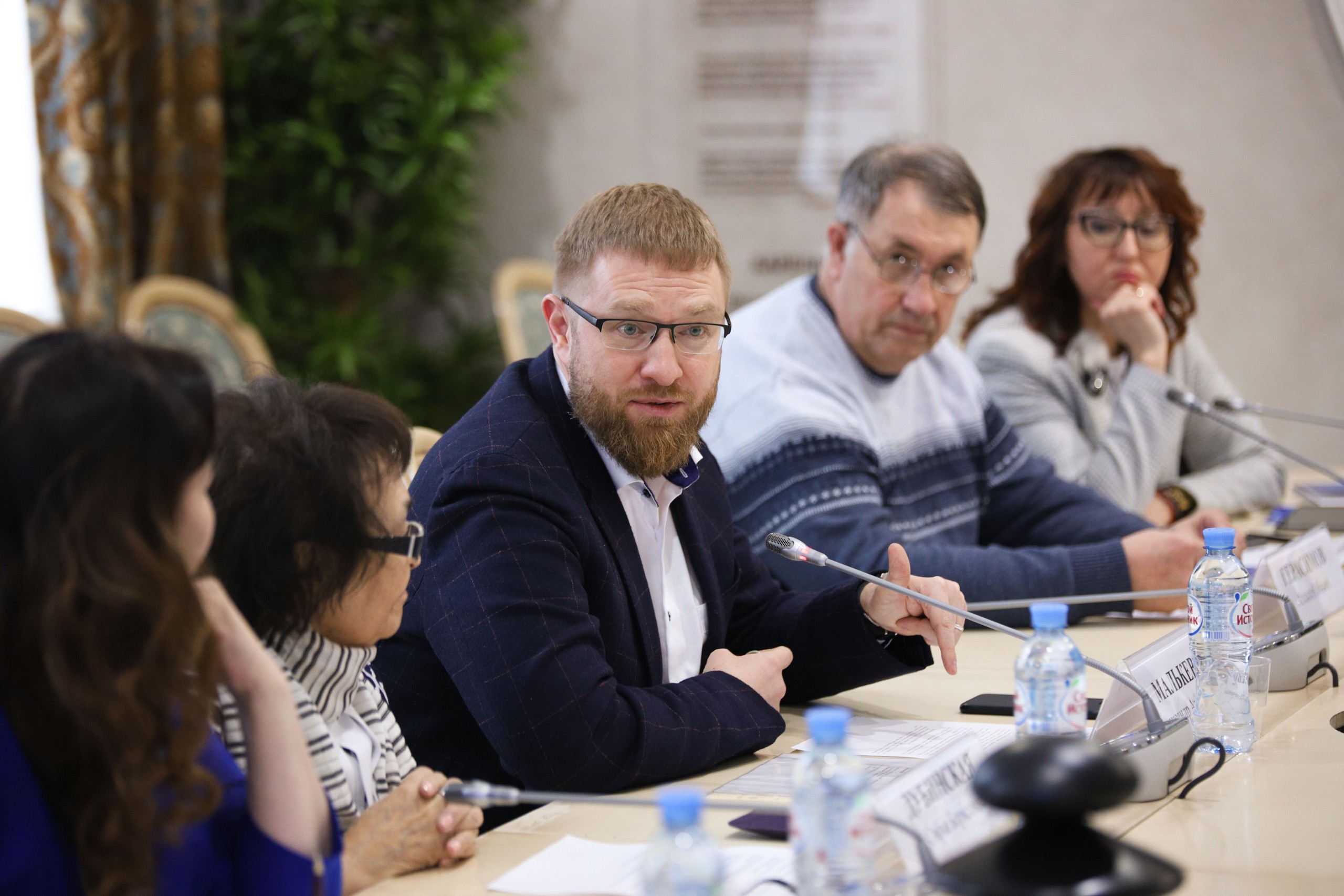
#Challenges of global information society
It is recommended to legally oblige:
• social networks to monitor independently illegal content on their websites;
• foreign mass media structures operating in the Russian market to register legal entities in the Russian Federation.
Social networks as a source of news are used by 37% of Russians.
The main news distributors: Instagram, Facebook, and YouTube.
 The Civic Chamber reviews the practice of regulating the Internet, and organizes an expertise of Internet-oriented bills of a serious response (e.g. “On Cyberdruzhina”, “On Sovereign Internet” and “On Fake News”).
The Civic Chamber reviews the practice of regulating the Internet, and organizes an expertise of Internet-oriented bills of a serious response (e.g. “On Cyberdruzhina”, “On Sovereign Internet” and “On Fake News”).
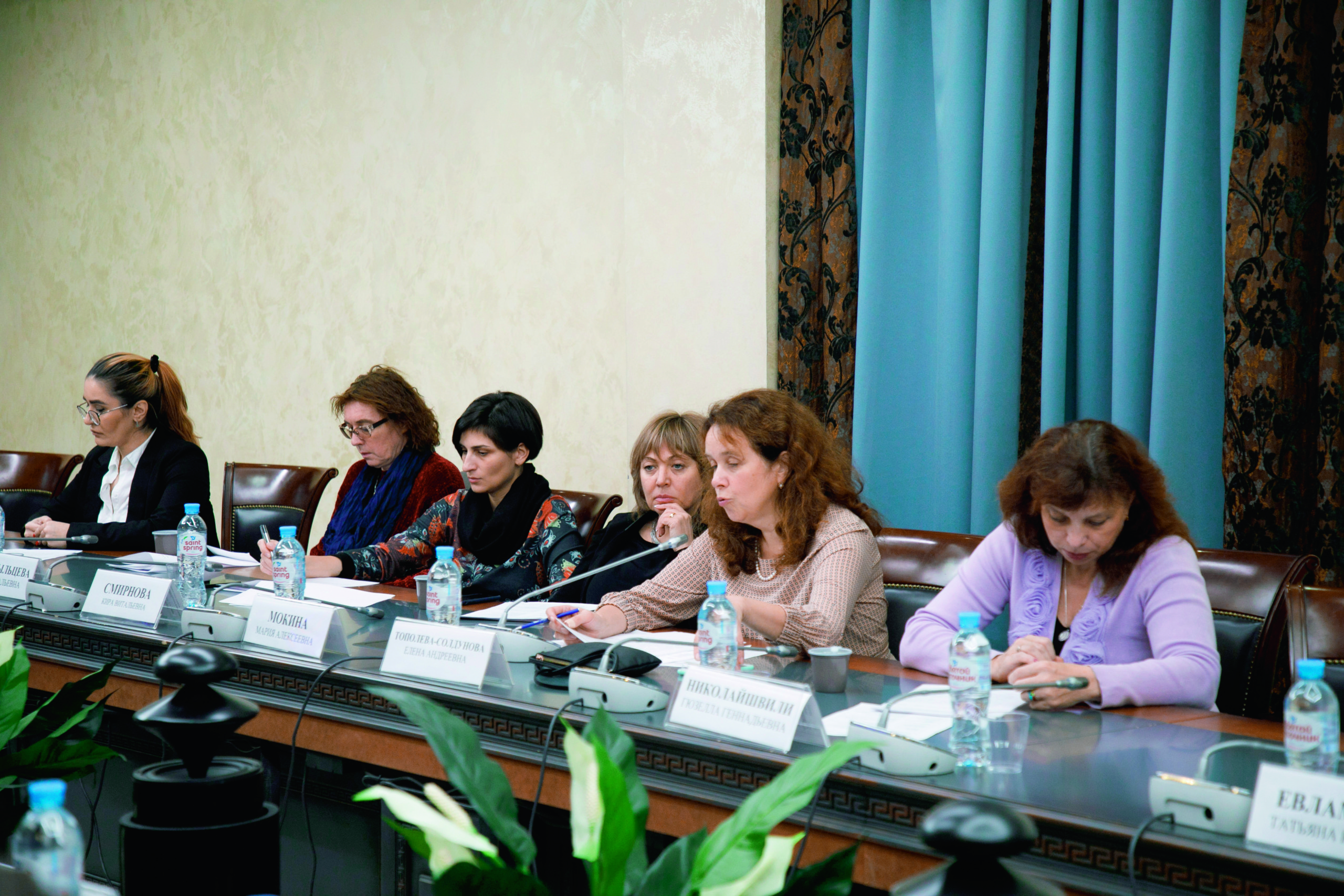
#Social advertising

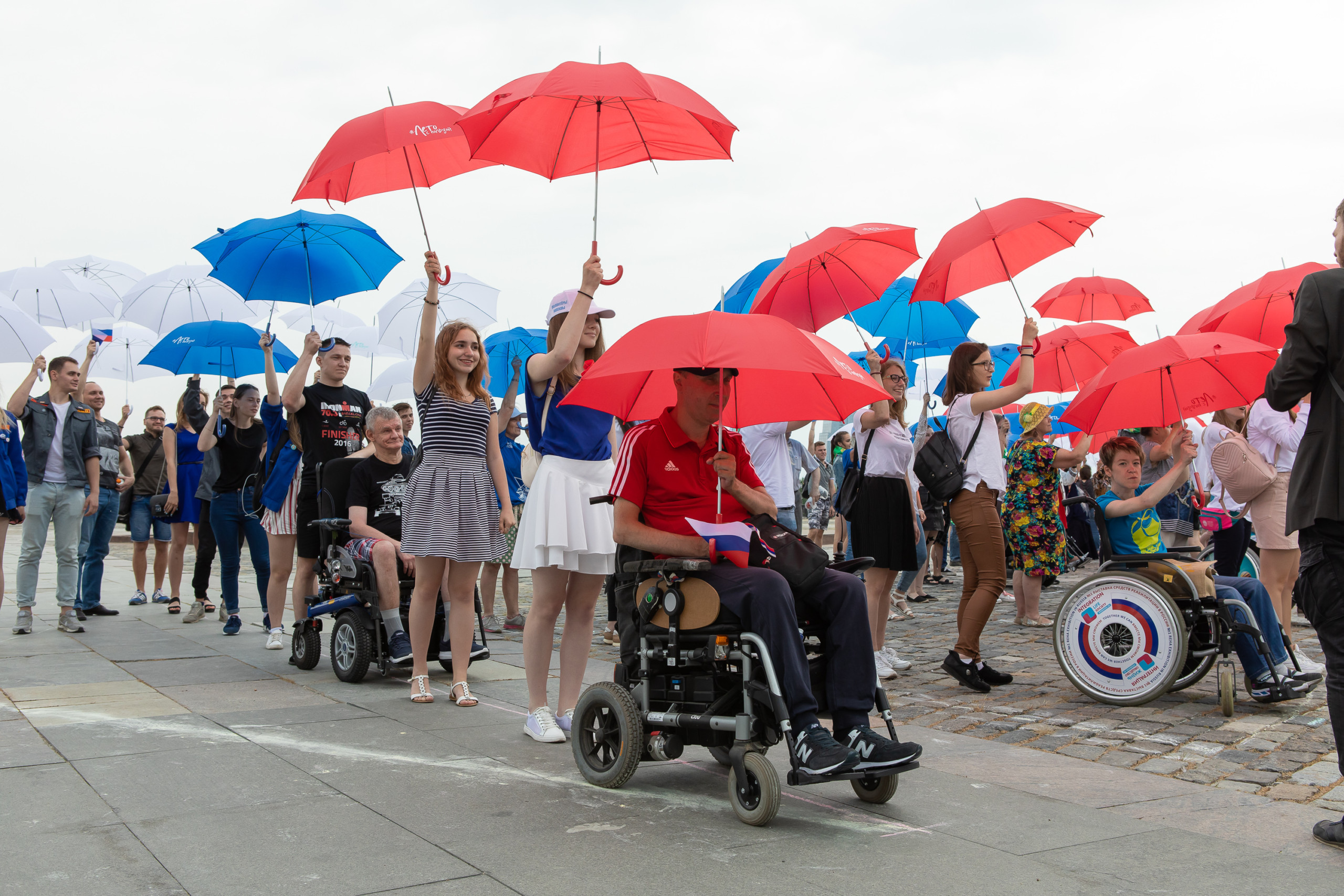
#Charity and volunteering
The Civic Chamber conducts Anti-Fraud activities in the sphere of charity:
• adopted a Memorandum of Cooperation in order to prevent the risks of fraud fundraising through disseminating social advertising.
 The Civic Chamber of the Russian Federation took an active role in the development of:
The Civic Chamber of the Russian Federation took an active role in the development of:
• the Corporate Volunteering Standard;
• the Concept of promoting the development of volunteering in the Russian Federation until 2025.
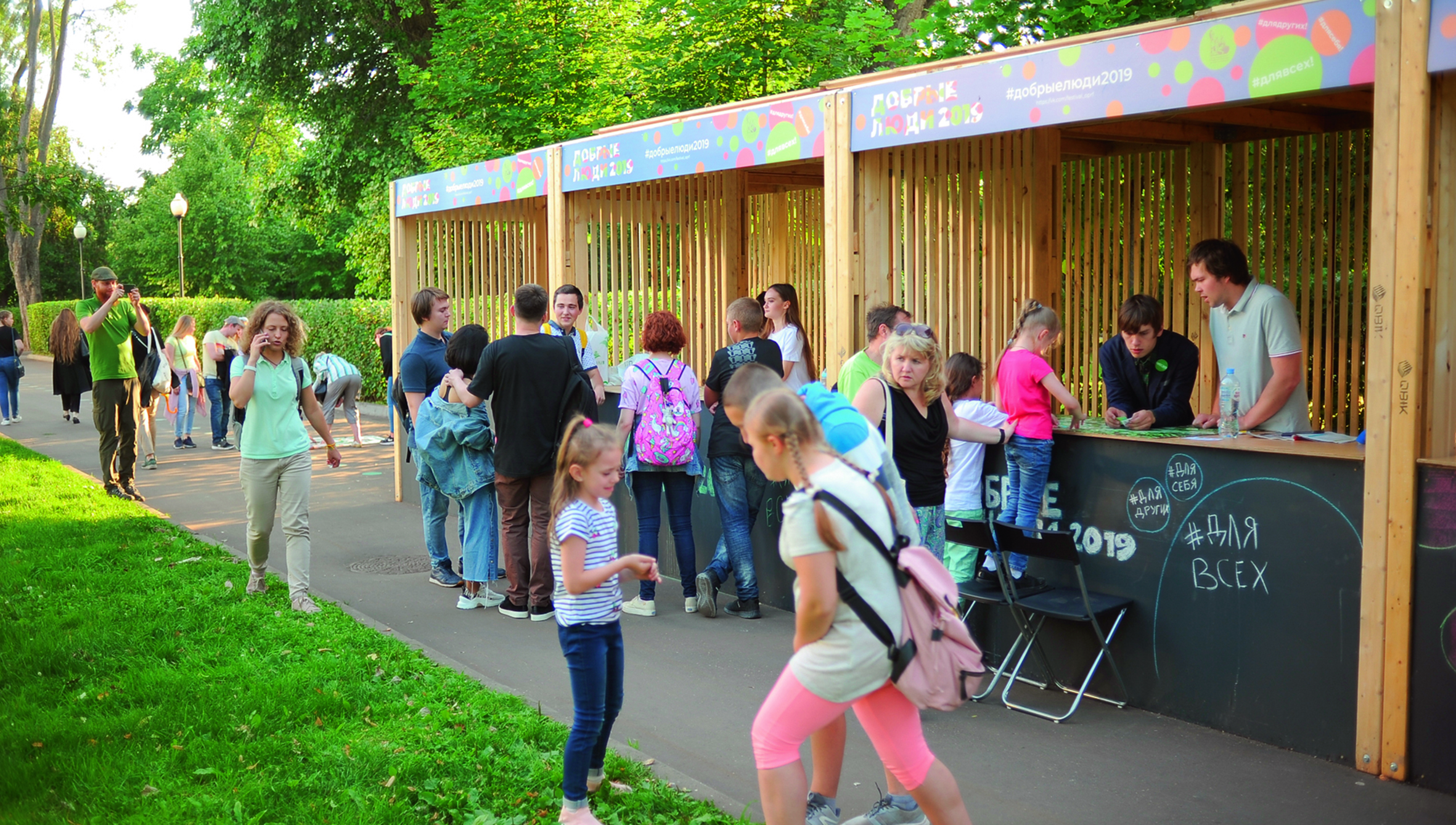
#Non-profit sector
A special report entitled “Participation of NPOs in Services of the Social Sphere”.
The Civic Chamber of the Russian Federation has been implementing the project #RegionNPO in the framework of which non-profit organizations and the business community provisioning social services have been representing.
In 2019 was marked by the amendments to Federal Law No. 209-FZ80, which secured the concept of “social enterprise”.
The main problem remains the uncertainty of preferences that gives NPOs the status of a contractor of socially useful services.
For 2019 there are more than 218 thousand NPOs are registered in Russia (223 thous. in 2016). It is estimated that the number of working, active NPOs does not exceed 15–20% of their total number.


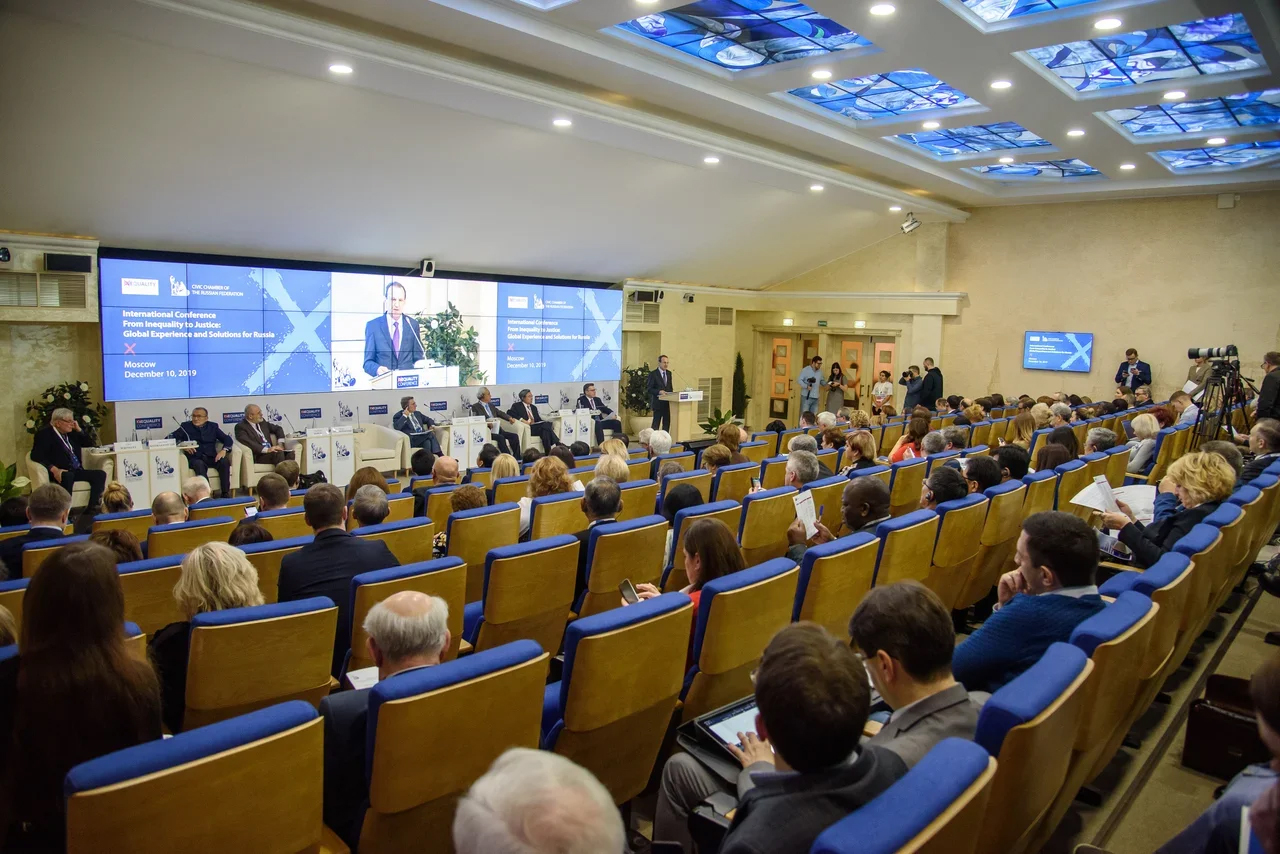
#Solving social problems
The Civic Chamber suggests a number of measures to overcome poverty and social disparity:• to use public debt as a financial instrument of development;
• to zero personal income tax for citizens who receive less than a living wage;
• to pay families a minimum living wage of a child, which should help to reduce the poverty of families raising children under the age of three, etc.



#Ecology and quality of living environment
The Civic Chamber of the Russian Federation took an active part in the formation of the passport of the “Ecology” national project.

 In 2019, the Civic Chamber of the Russian Federation published an “Audit of the Waste Management Industry”. The main result achieved during 2019 was a change in the industry management system and its transparency”. Public control of the development of integrated solid utility waste management system would continue.
The public ecological inspectors corps is forming.
In 2019, the Civic Chamber of the Russian Federation published an “Audit of the Waste Management Industry”. The main result achieved during 2019 was a change in the industry management system and its transparency”. Public control of the development of integrated solid utility waste management system would continue.
The public ecological inspectors corps is forming.
The Civic Chamber of the Russian Federation together with the Public Council under the Ministry of Natural Resources of Russia exercised public control over the implementation of the project. This cooperation was aimed at heading off the impact of waste accumulated by the Baikal Pulp and Paper Mill.

#Demography needs breakthrough solutions
The report of the Civic Chamber “Demography-2024. How to ensure sustainable natural growth of the population in the Russian Federation” concluded that there was a need to a fundamental revision of the demographic policy.
Within the framework of the “Demography” national project, the Civic Chamber of the Russian Federation suggests to develop a new federal project “A Multichild Country” which should include support measures for multichild families. The suggestions have been prepared following an online monitoring “Family Policy: support measures as viewed by families”.

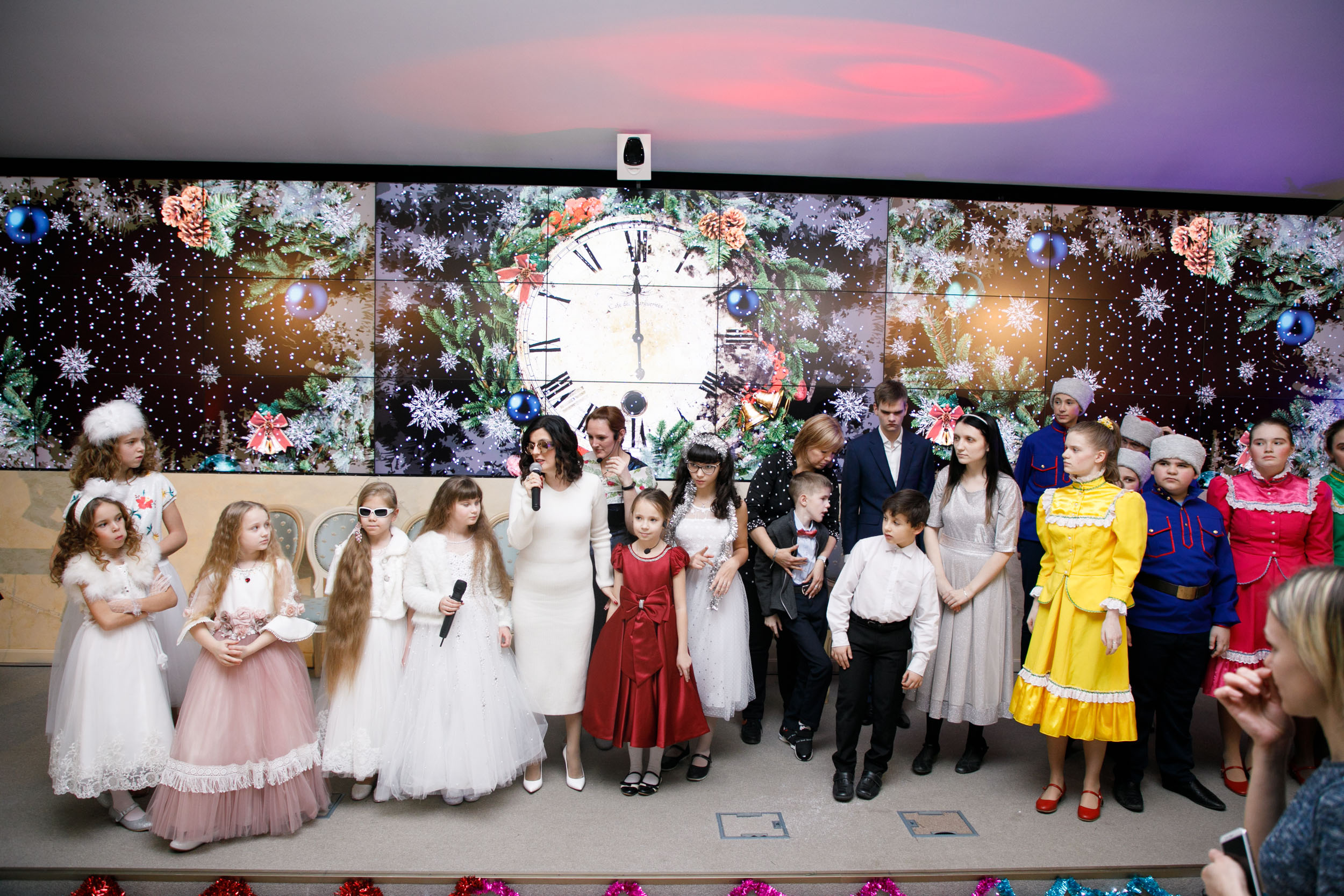
#New support measures for multichild families



#Healthy nation
The Civic Chamber of the Russian Federation supports a public initiative on the Law 21 and suggests:• to increase the age for buying any alcohol to age 21;
• to oblige tobacco companies in the Russian Federation to disclose information on the composition of tobacco in their cigarettes.
The Civic Chamber of the Russian Federation supports an initiative of the national project “Sports for All” and the law “On Fitness Centers”, and consistently advocates the introduction of comprehensive training in swimming and gymnastics.
In Russia 39% of population practices sports regularly.
7 million do fitness.
The Civic Chamber of the Russian Federation exercises public control over the implementation of President of the Russian Federation’s instructions on integrated improvement of the physical culture and sports legislation.


#Accessible healthcare
The Civic Chamber of the Russian Federation reviewed the system of insurance medicine including the pharmaceutical supply to orphan patients. Following the review it was proposed to expand the state program “Seven High-Cost Nosologies” and to introduce federal funding for the treatment of such diseases, and to include liability of medical professionals in the compulsory medical insurance (CMI).
The system of monitoring of palliative care for children in the regions is launched.

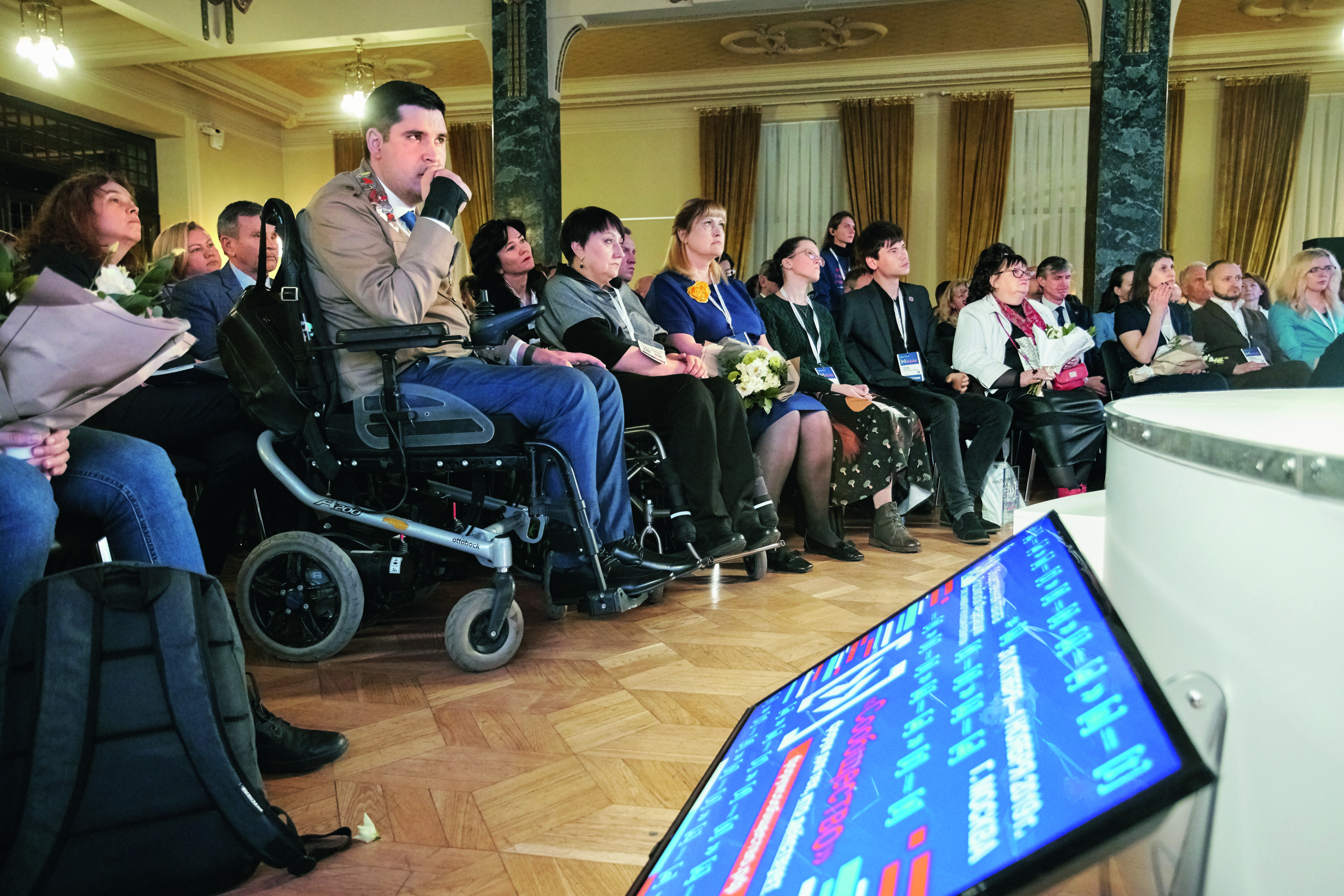
#Accessible environment
 The Civic Chamber of the Russian Federation has “hot lines” on accessibility of higher education for young persons with disabilities and on development of the system of comprehensive rehabilitation and habilitation for persons with disabilities and children with disabilities.
The care for psychoneurological boarding schools (PBSs ) patients includes developing of the project “Novie Berega”, conducting expert seminars on the diagnosis of mental disorders, organizing a competition of programs and practices for the social and cultural rehabilitation of disabled persons.
The Civic Chamber of the Russian Federation has “hot lines” on accessibility of higher education for young persons with disabilities and on development of the system of comprehensive rehabilitation and habilitation for persons with disabilities and children with disabilities.
The care for psychoneurological boarding schools (PBSs ) patients includes developing of the project “Novie Berega”, conducting expert seminars on the diagnosis of mental disorders, organizing a competition of programs and practices for the social and cultural rehabilitation of disabled persons.
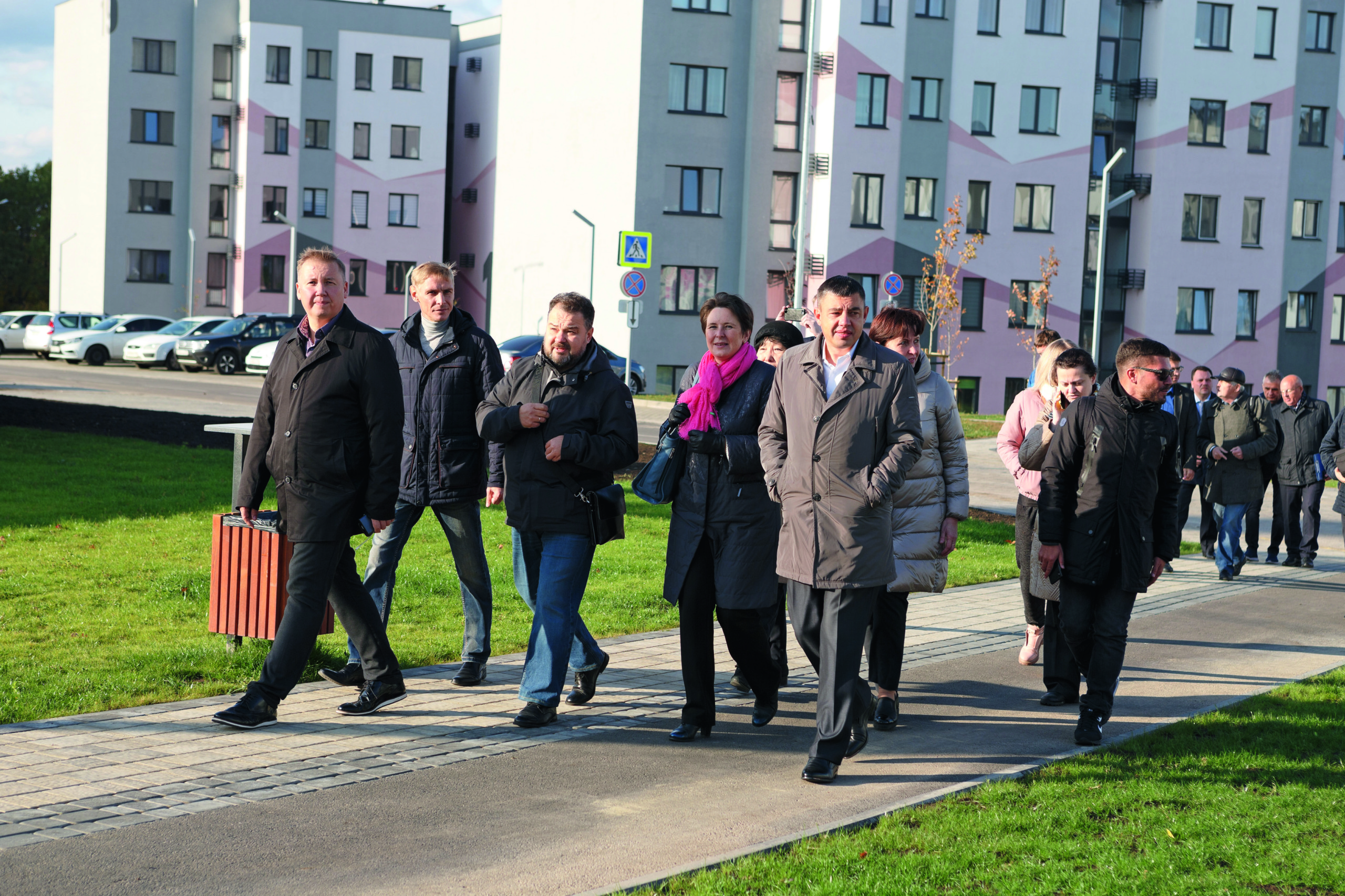
#Housing and urban environment
The Civic Chamber of the Russian Federation considers a differentiated approach as the most applicable for solving housing problems of citizens, including depending on the level of the need, i.e. it can be mortgage, rental housing, subsidized rent etc. A development of private housing projects (PHP) is highlighted as a strategic area.
The Civic Chamber of the Russian Federation proposed to take measures on developing the co-financing system from the federal budget of the best regional, municipal programs for the development of PHP and creating of super service “Svoi Dom” within the federal portal USIA “Gosuslugi”.
 The Civic Chamber of the Russian Federation is engaged in solving problems related to dilapidated and dangerous housing. Members of the Chamber visited more than settlements in 35 regions of this country, studying on-site problems of housing and communal services system, construction, and road facilities. Having reviewed the methodology for calculating the urban environment quality index, the Civic Chamber of the Russian Federation proposed to add criteria that would reflect the city’s job status, social infrastructure status etc.
The Civic Chamber of the Russian Federation is engaged in solving problems related to dilapidated and dangerous housing. Members of the Chamber visited more than settlements in 35 regions of this country, studying on-site problems of housing and communal services system, construction, and road facilities. Having reviewed the methodology for calculating the urban environment quality index, the Civic Chamber of the Russian Federation proposed to add criteria that would reflect the city’s job status, social infrastructure status etc.
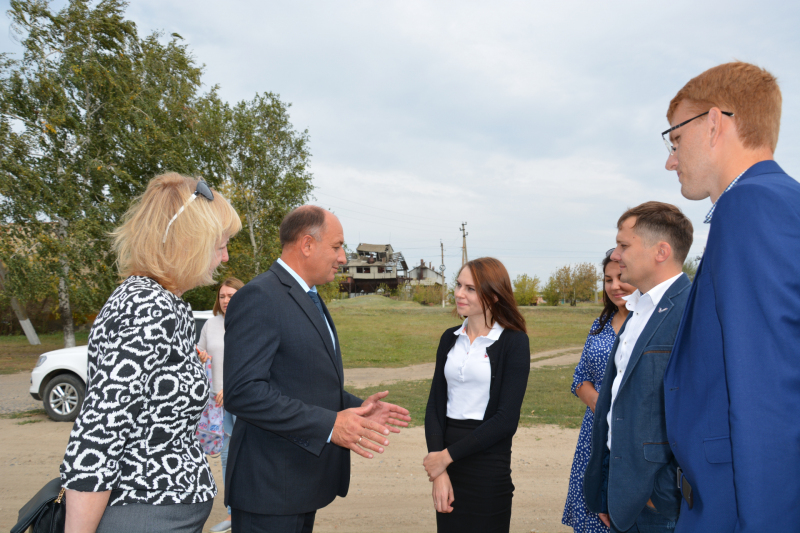
#Rural territories
The Civic Chamber of the Russian Federation launched the project “Incubator of rural initiatives” in order to support rural communities.
Having implemented the project “Village Standard”, certain supplements to the State program on the development of rural territories were made.
The Civic Chamber’s report named “How to save the village: problems of population employment” provides measures for the integrated development of rural territories and the prevention of population outflow to cities.



#International cooperation
• In 2019, the Civic Chamber of the Russian Federation signed 5 memoranda of cooperation with major NPOs, as well as economic and social councils of China, France, Germany, Kazakhstan, and Serbia.
• High-ranking delegations from the Civic Chamber of the Russian Federation visited China, France, Germany, Kazakhstan, and Vietnam at the invitation of partner NPOs.
 • Members of the Civic Chamber of the Russian Federation give presentations and hold events on the sidelines of sessions by the UN Human Rights Council, UN General Assembly, OSCE Human Dimension Implementation Meeting, and more. Their goal is to uphold the positions of Russia and its citizens.
• The Civic Chamber of the Russian Federation held the international conference “From Inequality to Justice: Global Experience and Solutions for Russia”, with foreign delegates from 43 countries taking part.
• Members of the Civic Chamber of the Russian Federation advocate for ramping up cooperation with Russian compatriots abroad to promote the Russian language and create a pro-Russian cultural and political lobby.
• Members of the Civic Chamber of the Russian Federation give presentations and hold events on the sidelines of sessions by the UN Human Rights Council, UN General Assembly, OSCE Human Dimension Implementation Meeting, and more. Their goal is to uphold the positions of Russia and its citizens.
• The Civic Chamber of the Russian Federation held the international conference “From Inequality to Justice: Global Experience and Solutions for Russia”, with foreign delegates from 43 countries taking part.
• Members of the Civic Chamber of the Russian Federation advocate for ramping up cooperation with Russian compatriots abroad to promote the Russian language and create a pro-Russian cultural and political lobby.
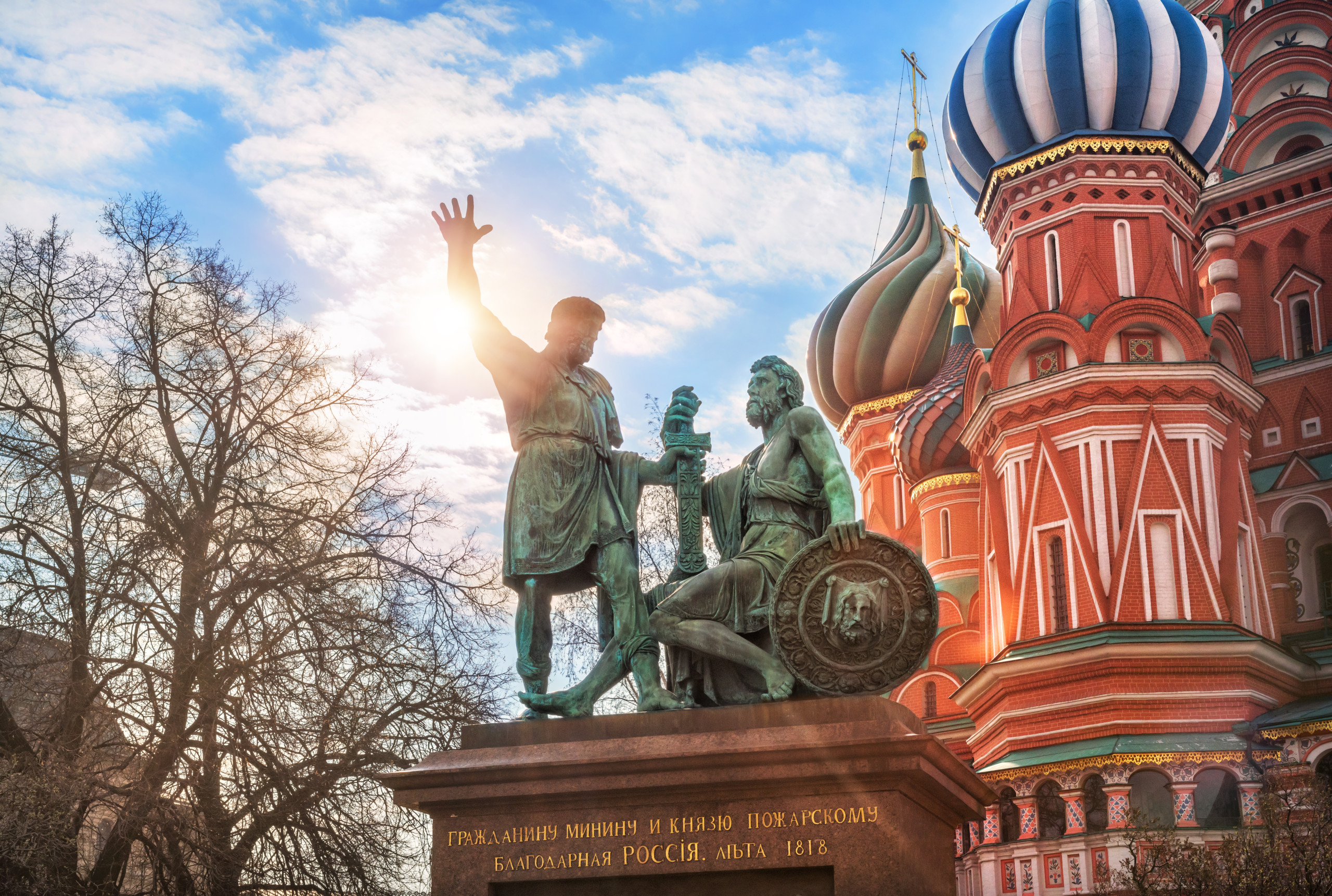
#Conclusion
The development of civil society in Russia is a multi-vector process. The main trend of the last years has been the growth of civic activism and self-organization. Russian civil society has matured. The participation of civil society in the country’s development has been steadily increasing.
A new approach, style and standard of civil society involvement in the country’s life are being gradually formed, which encompass the idea “from control to participation”. This idea entails inclusion of the civil society in the strategic projects development.
 Inclusion of every active, responsible citizen in the country's strategic initiatives is the key to their success. Furthermore, the formation of a responsible class of citizens to support the country's development agenda provides the foundation for consolidating values, the effective functioning of political institutions, and fostering civic optimism.
Inclusion of every active, responsible citizen in the country's strategic initiatives is the key to their success. Furthermore, the formation of a responsible class of citizens to support the country's development agenda provides the foundation for consolidating values, the effective functioning of political institutions, and fostering civic optimism.


















































